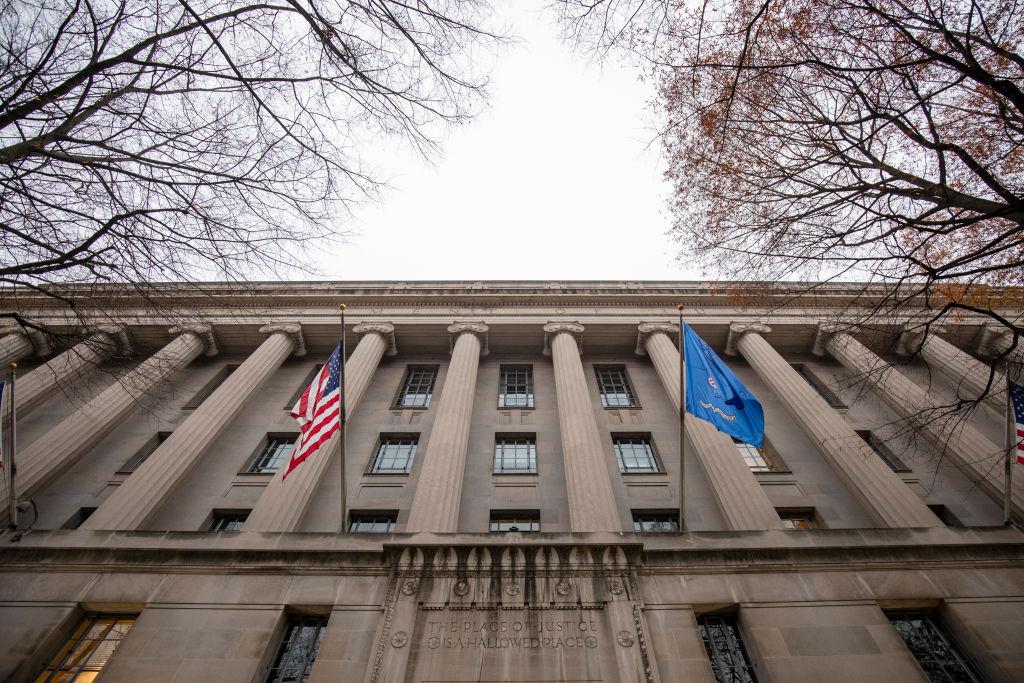The Department of Justice (DOJ) is suing pharmaceutical giant AmerisourceBergen and accused it of fueling the opioid crisis by allegedly failing to report suspicious orders of drugs for years.
In a civil complaint, federal prosecutors wrote (pdf) on Dec. 29, 2022, that AmerisourceBergen violated federal laws that require opioid manufacturers to alert the Drug Enforcement Administration (DEA) to any suspicious orders. Pharmaceutical companies, under the law, are also required to block shipments of orders deemed suspicious.





